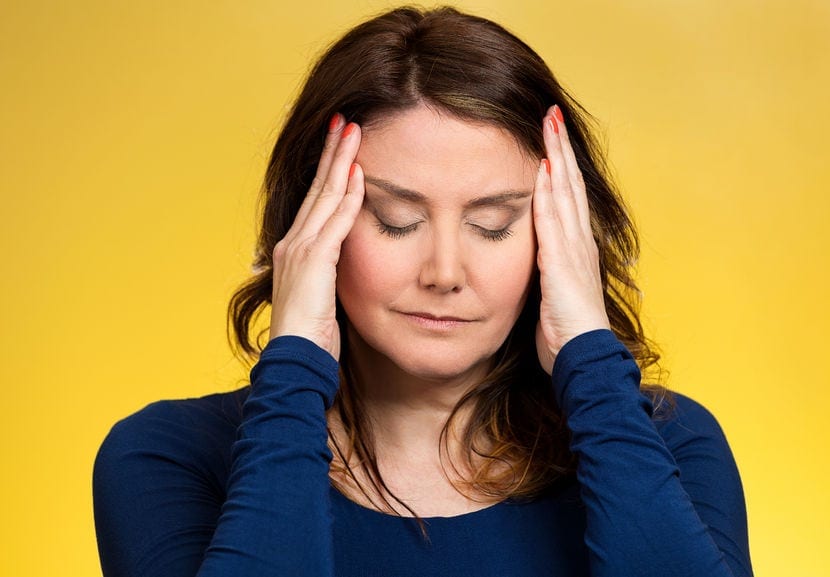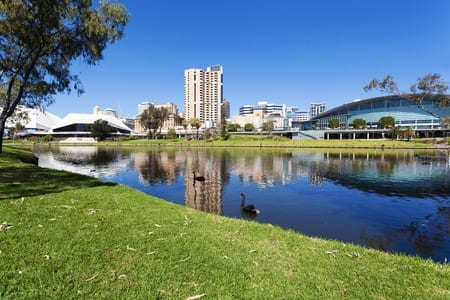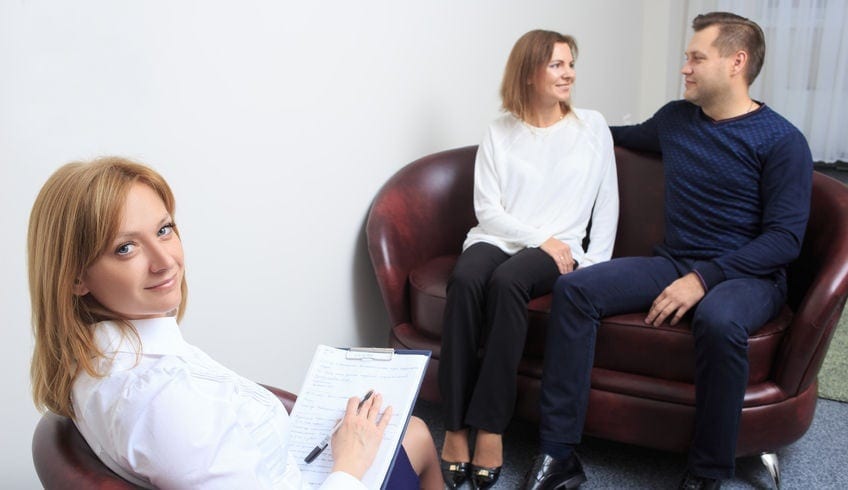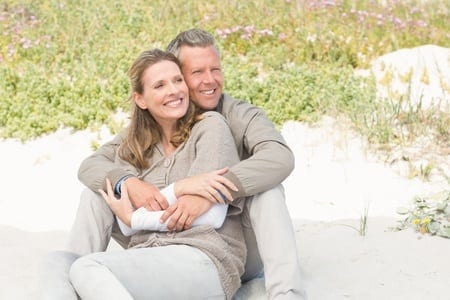Do you really feel heard by your partner? Is your partner really there for you?
Sincere, genuine listening to understand and empathise is the key to a lasting, loving and satisfying relationship.
If you only focus on one thing, make it listening; – but I’m talking real and sincere listening – not the pretend listening that many of us offer up. You know what I mean: you’ve got the look on your face that says I am listening; you might even nod occasionally, but your mind is a million miles away.
Or perhaps you’re a “Listen to respond” type, where you listen enough to gather evidence for your rebuttal – so you can use your partners thoughts almost as ammunition against them?
Our relationships are built on a foundation of love and trust. We all want to know that our partner genuinely cares about us, so that when we express ourselves, we are important enough to them that they take the time and energy to understand what we want to share.
That feeling that our partner “gets us” impacts us deep to our core. This feeling of being understood creates more deposits in our love bank than most other things our partner can do. Trust blossoms when we feel heard and understood.
In my 25 years as a Relationship Psychologist, every couple I have seen who are struggling with their relationship have underlying problems listening to each other.
So, what are the 5 essentials of genuine listening?
- Care enough to be curious about your partner – enter their world
Firstly, it is the intention to park your own thoughts and feelings for a moment, and to travel over to the other person’s world with a curiosity for what they are thinking and feeling.
It is essential that you put aside your own thoughts and feelings, so you can as much as possible inhabit the world of your partner, just for a few minutes. As they are talking, imagine being them, imagine how you would be feeling living in their shoes; What would you be worried about, sad about, happy about?
- Reflect back to them what you have heard and understood
Once they have finished telling you what is important to them, tell them a quick summary of what you have heard them say. This may sound contrived and unnecessary if you have never done it, but it makes a huge difference to whether your partner feels you “get them” or at least are trying to get them. They will let you know if you have fully got them, or if there is something you don’t quite understand.
- Ask if there is any more
Here again, it makes a huge impact to your partner for you to ask what else might be on their mind. By doing this, you are showing that they matter to you and you are not just brushing them off. Often when we are asked that, we will feel we have been given permission to give more explanation, which might help you understand the background of what is currently going on for them. Listen to what else in on their mind, and reflect back what you have heard, all the while keeping your own thoughts and feelings on the side.
- Speak your truth
Now that you have fully heard your partner, you have your opportunity to speak about what has been happening for you, or your view on this topic or situation.
Now you will have your partner’s full attention.
I can’t emphasize enough how much of a difference it makes for you to be fully heard too, if you have listened fully to your partner first.
So many couples get stuck in a mutual withholding dance when it comes to listening. “Well if you’re not going to listen to me, you needn’t think I’m going to listen to you!!!!” ending up with NO listening, instead of both listening.
So speak now, and have your partner listen with the same care and attention you used with them, and reflect back to you what they have heard you say, making sure you clarify anything that needs clarifying, in the same way you did for them.
- Discuss both views and come to a resolution
Now that you have both listened to both views or thoughts and feelings on the situation, discuss from an equal and respectful place what might be some solutions to the issue. Sometimes there is no solution needed; just being listened to and feeling heard is all that is required.
If a solution is needed, and you can’t come up with one immediately, agree to take a day or so to consider everything, and come back to talking again soon about it. Often new creative possibilities can emerge once you both are aware of both of your views, and you have some time to reflect on solutions.
There will always be differences of opinions, thoughts and feelings between a couple, but how you manage these is crucial to your long-term happiness and satisfaction in your relationship. Take the time and care to fully listen, and you will be richly rewarded.
OUR MAJOR MARRIAGE COUNSELLING LOCATIONS:
See all of our Relationship Counselling Melbourne locations.
See all of our Relationship Counselling Brisbane locations.
See all of our Relationship Counselling Perth locations.
See all of our Relationship Counselling Adelaide locations.















